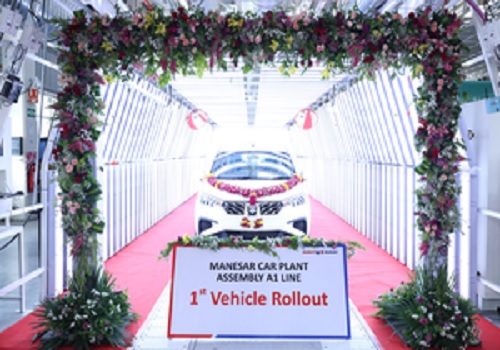Mitigating contamination in India`s agricultural supply chain demands nuanced strategy: Deep Rooted Founder
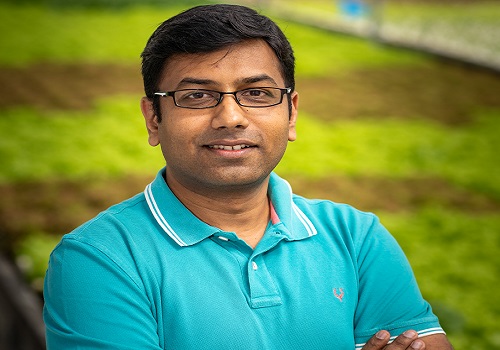
Follow us Now on Telegram ! Get daily 10 - 12 important updates on Business, Finance and Investment. Join our Telegram Channel
In a recent research report by Environment Management and Policy Research Institute (EMPRI), it was revealed that the use of wastewater for cultivating vegetables has led to a heightened concentration of heavy metals in the produce.
The study involved the examination of 400 samples from 10 different vegetables across Bengaluru, uncovering contamination levels that exceed the permissible limits set by the Food and Agriculture Organisation.
In an exclusive interview with IANS, Avinash B.R., Co-Founder of Deep Rooted delves deep into the issue, sharing his insights on the challenges associated with food contamination and the probable solutions for the same.
Q: What is the origin of the current food contamination problem in Bengaluru?
A: The current challenges of food contamination in Bangalore, and across various metropolitan areas, arise from multiple sources within the food supply chain. Input contamination is a significant concern, particularly regarding the use of contaminated soil and water in cultivation. The presence of pollutants in irrigation water or soil, often originating from industrial effluents or sewage water, can lead to the manifestation of harmful substances in fruits and vegetables.
Pesticides play a crucial role in agricultural practices when it comes to countering pests and not-so-optimal environmental conditions, but issues arise when their usage exceeds permissible limits or when farmers employ unscientific methods. The drive to meet market demands and maximize yields can push farmers to take shortcuts, compromising the safety of the produce and contributing to contamination.
Contamination is notable in greens, which are highly perishable and usually cultivated close to urban centers. The water used for their cultivation is often compromised, with sewage water and industrial effluents posing a significant risk.
In the case of fruits, post-harvest handling processes are critical. Fruits, often grown in specific agro-climatic zones far from demand centers, may undergo unscientific treatments during handling to make them last for the long distance transportation or make them ready for consumption.
The concern of usage of carbide for ripening or the use of unsafe wax for apples are issues that bubbles to the top of consumer mind every season. Addressing these contamination challenges requires a holistic approach encompassing improved agricultural practices, stringent monitoring of pesticide use, and enhanced post-harvest handling protocols.
Q: What measures can be implemented to address this contamination issue?
A: Mitigating contamination within the agricultural supply chain demands a nuanced strategy that takes into account the diverse motivations and challenges encountered by various stakeholders. Farmers often resort to short-term measures such as excessive chemical use or neglecting input quality due to uncertainties in the profit and loss of a crop cycle. To address this, there is a need for comprehensive support systems that provide farmers with certainty regarding yields, input costs, and market access. Financial incentives, education on sustainable farming practices, and improved market linkages can encourage farmers to prioritize crop quality over short-term gains.
Many players in the supply chain focus on minimizing wastage and handling damages, often neglecting issues like contamination. To change this, there should be a shift towards more value-adding intermediaries. This can be achieved through incentives, regulations, and market pressures that encourage intermediaries to adopt practices that prioritize product quality and safety. To increase consumer awareness and engagement, there is a need for educational campaigns emphasizing the importance of clean and safe food consumption. Retailers and online platforms can play a role in building consumer trust by transparently sharing information about the source and quality of their products.
Q: What steps can consumers take to deal with this?
A: Consumer awareness is crucial, and it is pertinent for them to understand that regulatory frameworks exist to govern various aspects related to food contamination. The National Program for Organic Products (NPOP) serves as a certification for organic produce, ensuring that stringent standards for organic farming are met.
Additionally, the Food Safety and Standards Authority of India (FSSAI) issues certificates to companies, attesting that they handle produce in a clean and hygienic environment. These certifications are not only a testament to the quality and authenticity of the products but also serve as a regulatory safeguard to protect consumers from potential contamination risks.
The enforcement of these measures by regulators and the awareness among consumers are currently not at a mature level, necessitating a significant shift. With numerous options available, consumers have the power to drive change by posing simple yet critical questions to the places from which they purchase their produce. Questions like: "Do you have information about where the produce was grown?" or "Can you specify the harvest date of this produce?" are crucial.
Additionally, consumers can inquire about contamination-free practices and demand transparency by asking for certifications if the produce is claimed to be organic.
Q: What role can companies like Deep Rooted play in finding solutions?
A: The fruits and vegetables (F&V) supply chain presents a unique set of challenges that distinguishes it from more standardized, factory-made products. Unlike items produced in controlled environments, F&V sourcing faces the inherent complexity of varying harvest schedules. At Deep Rooted, we believe in fostering transparency in our supply chain and actively engage with our users to share the nuances of sourcing practices.
Through immersive farm visits, we offer our customers a firsthand experience of cultivation practices, providing a behind-the-scenes look at the meticulous processes that go into bringing our products to their tables. In our commitment to quality, we pursue certifications for multiple stock-keeping units (SKUs) in a batch, streamlining the process to make it more efficient and cost-effective.
Furthermore, we are dedicated to raising awareness about different growing environments, such as greenhouse and hydroponics. Through educational initiatives, we empower our customers with knowledge about sustainable and innovative farming practices, contributing to a more informed consumer base. We understand that implementing these measures come with associated costs.
However, we want to emphasize to our customers that our dedication to quality and transparency does not mean a significant increase in prices. We are committed to open communication with our users, keeping them informed about our supply chain intricacies and the reasonable premium tied to our commitment to responsible sourcing.
This approach establishes a mutually beneficial scenario, benefiting farmers, our brand, and our valued consumers who can make informed choices about the products they choose to endorse.
Q: How does Deep Rooted conduct the procurement process for vegetables and fruits?
A: At Deep Rooted, we have honed our approach to procuring vegetables and fruits by building a dedicated and growing network of farms. Within this network, we have implemented sustainable and clean agricultural practices. This not only guarantees optimal yield and productivity for our farmers but also ensures consistent quality and contamination-free produce for our valued consumers. We take pride in our commitment to sustainable and high-quality sourcing; creating a supply chain that prioritizes both the well-being of farmers and the satisfaction of our customers.
Q: Could you provide details on the e-commerce platforms and FMCG outlets with which Deep Rooted has formed partnerships?
A: In terms of distribution and market reach, we have strategically collaborated with prominent e-commerce platforms and FMCG outlets. Notably, we have formed partnerships with Zepto, Amazon Fresh, and Insanely Good. Additionally we are set to extend our availability across select offline stores in the near future. This diverse range of partnerships underscores our commitment to making its high-quality produce accessible through various channels, catering to the preferences and convenience of a broad consumer base.
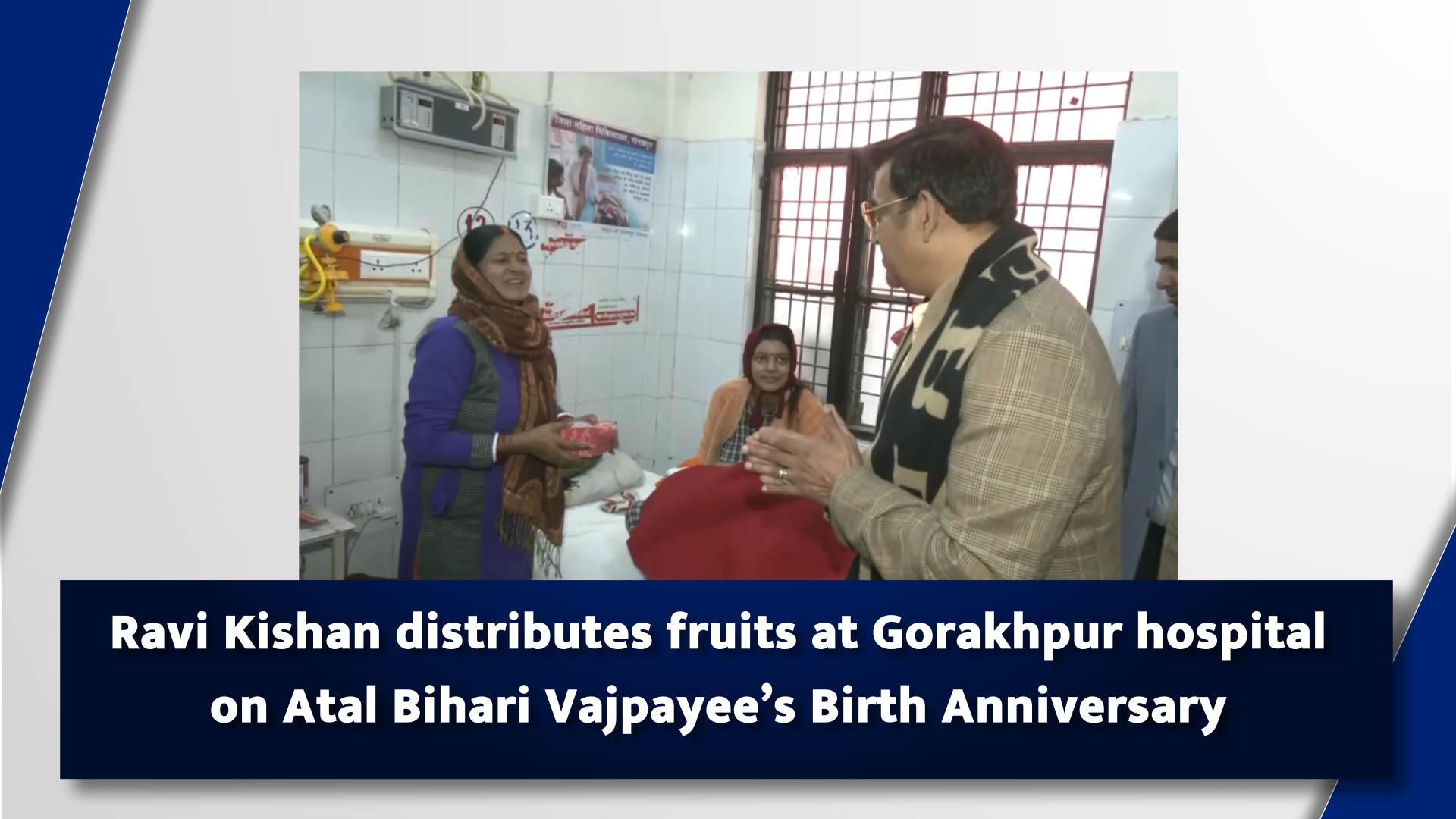
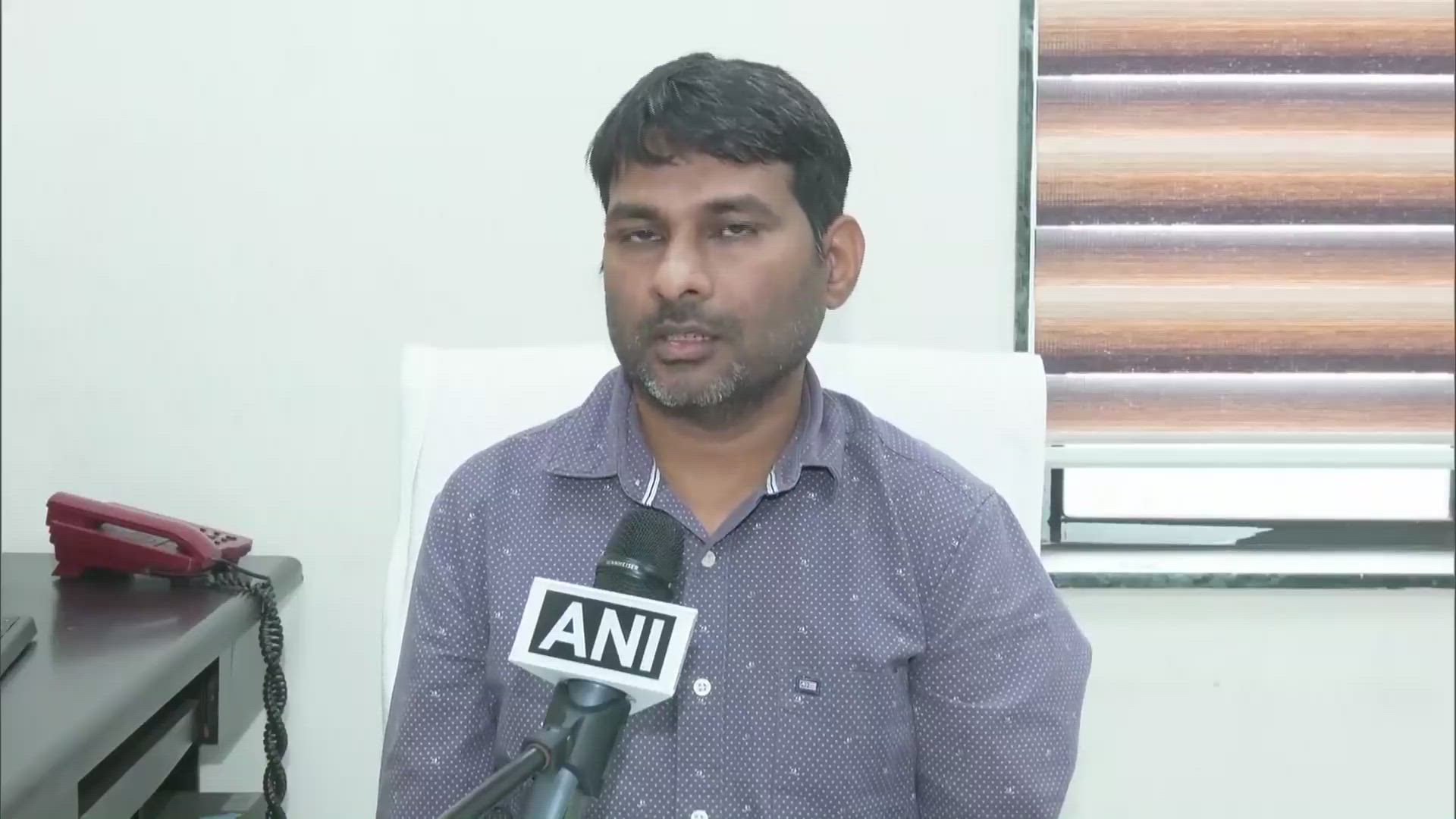




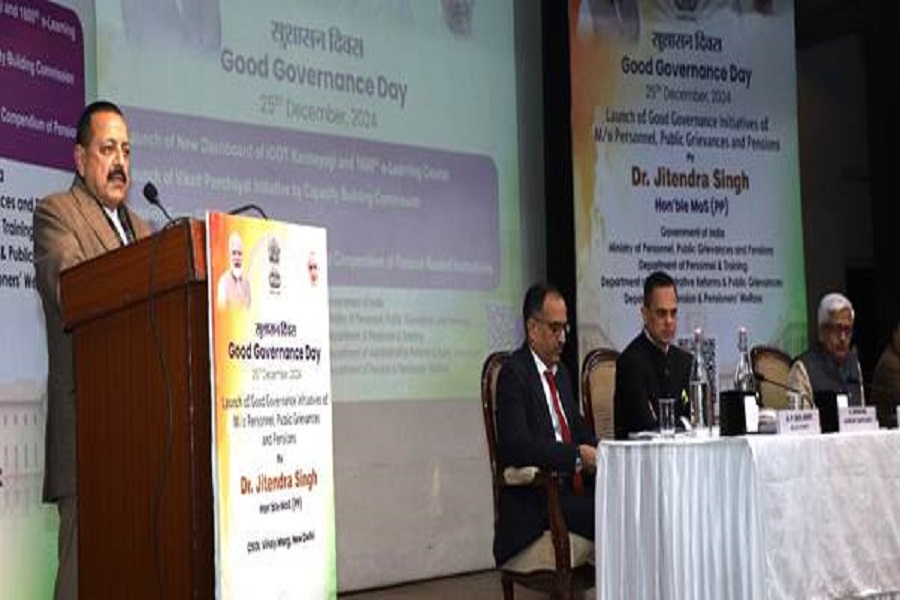





 320-x-100_uti_gold.jpg" alt="Advertisement">
320-x-100_uti_gold.jpg" alt="Advertisement">

